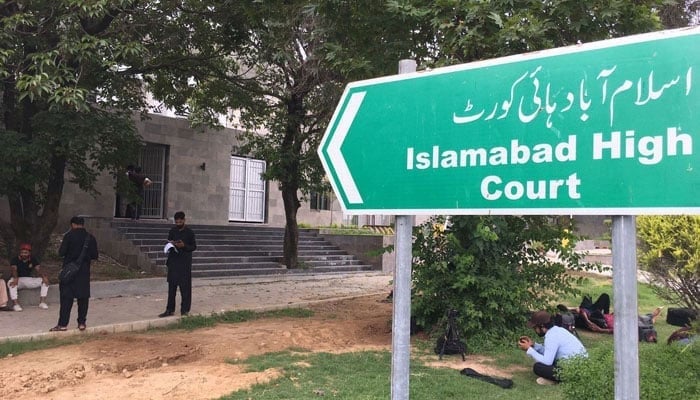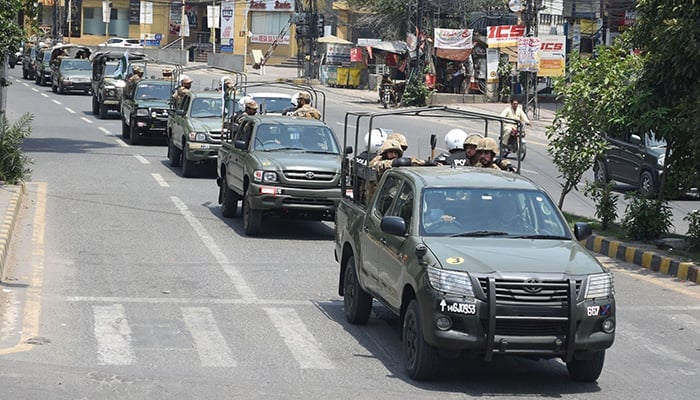
Despite the full reopening of Pakistan’s airspace on Saturday, flight operations across the country remain severely affected. More than 150 flights were cancelled on Sunday, according to aviation officials.
The disruption follows a ceasefire agreement between Pakistan and India after four days of intense cross-border strikes. Although hostilities have ceased, air traffic has yet to normalize.
Aviation sources confirmed that dozens of flights remain in limbo. On Sunday alone, 45 flights were cancelled from Karachi — 39 of them international. Lahore saw 38 cancellations, including 32 international flights. Islamabad reported 40 cancellations, with 36 of them being international. Peshawar lost 11 flights, Multan 10, and Sialkot 6.
In contrast, over 25 flights managed to operate from major airports in Karachi, Lahore, Islamabad, Multan, Faisalabad, and Quetta.
Major international airlines have suspended around 125 inbound and outbound flights. Passengers bound for or departing from Pakistan faced delays and confusion. The main issue stems from the closure of the Rahim Yar Khan flight corridor.
Due to this closure, many domestic and international flights — especially those between Karachi, Lahore, and Islamabad — are being rerouted through Quetta, increasing flight times significantly.
The Pakistan Civil Aviation Authority (PCAA) issued a Notam (Notice to Airmen), confirming that Rahim Yar Khan’s route will stay closed until 5 a.m. on May 18. Flights from Gulf countries to Lahore, Multan, and Faisalabad are facing delays and longer travel durations as a result.
This corridor was shut down after an Indian airstrike on Friday that partially damaged an airport facility.
Meanwhile, airlines are striving to keep Hajj operations on track. Despite the challenges, efforts are being made to ensure pilgrims reach their destinations without disruption.
On Saturday, the Pakistan Airports Authority (PAA) officially announced the reopening of the country’s airspace. The move followed US President Donald Trump’s declaration that India and Pakistan had agreed to a “full and immediate ceasefire.”
Pakistan’s foreign minister confirmed the truce, stating it would take effect immediately. India’s foreign ministry set the start time at 5 p.m. Indian Standard Time (11:30 GMT).
While airports across the country resumed normal operations, a PAA spokesperson urged passengers to stay in touch with airlines. Travellers were advised to check updated schedules to avoid confusion.
Pakistan had closed its airspace last week due to rising tensions along the Line of Control (LoC). The closure, extended until noon on May 11, was reversed suddenly following the ceasefire.
The latest round of conflict began on May 7. An unprovoked Indian cross-border attack killed at least 31 Pakistani civilians. Pakistan retaliated by downing five Indian Air Force jets — including three Rafales — and several drones.
Though airspace is now technically open, the damage, delays, and uncertainty still linger. Travellers are hoping for full restoration in the coming days.
















